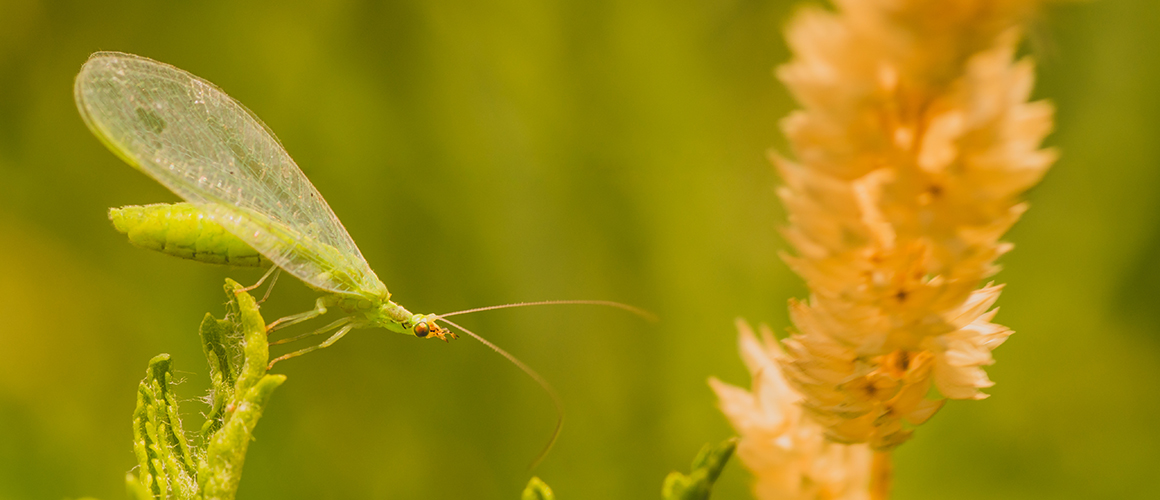Levy-funded project researching impact of pesticides on beneficials
Integrated pest management (IPM) combines the use of biological, cultural and chemical practices to control insect pests in agricultural production. It seeks to use natural predators or parasites to control pests, using selective pesticides for backup only when pests are unable to be controlled by natural means.
For growers using IPM on their crops, it’s important that their populations of beneficial insects (that is, the predators or parasites being used to control pest insects) aren’t damaged by their use of chemical controls as part of the overall management scheme.
A levy-funded project is currently underway to produce a series of guides for the vegetable industry that provide information on the effects of pesticides on key beneficial species.
These guides will combine existing information with the results of new trial work being conducted as part of the project, and aim to provide growers, advisors and resellers with useful and practical information on how to incorporate pesticides into an IPM program to get the best out of both biological and chemical controls. The pesticides that will be included in the guides will mainly be those that claim IPM compatibility.
The project team has already reviewed what information is available from international industries and is relevant to Australian species, and is now conducting bioassays to fill in knowledge gaps.
Since there are different species of beneficials for different crops, and modern pesticides aren’t usually uniformly toxic or safe to all beneficial species, the project is taking a selective view. In particular, it’s focusing on key species of predatory mites, lacewings, ladybirds, hoverflies, predatory bugs and parasitoids.
Laboratory testing is being undertaken by all three collaborators in the project (IPM Technologies, Queensland Department of Agriculture and Fisheries and SARDI) to provide information on beneficial insects’ mortality when exposed to insecticides. Further testing is also being carried out in lab and semi-field trials looking at fertility and reproduction.
When all trials are complete and the information is collated, the results will be presented to the vegetable industry. We’ll be sure to share the research results, but if you want to speak to the project team directly, you can get in touch with Jessica Page at IPM Technologies on 0408 308 809 or at jessica@ipmtechnologies.com.au.
Some technical content in this article was taken from the Farm Biosecurity website.
This post appeared in the AUSVEG Weekly Update published 24 April 2018. Subscribe to the Update using our online form to receive the latest industry news in your inbox every week!


